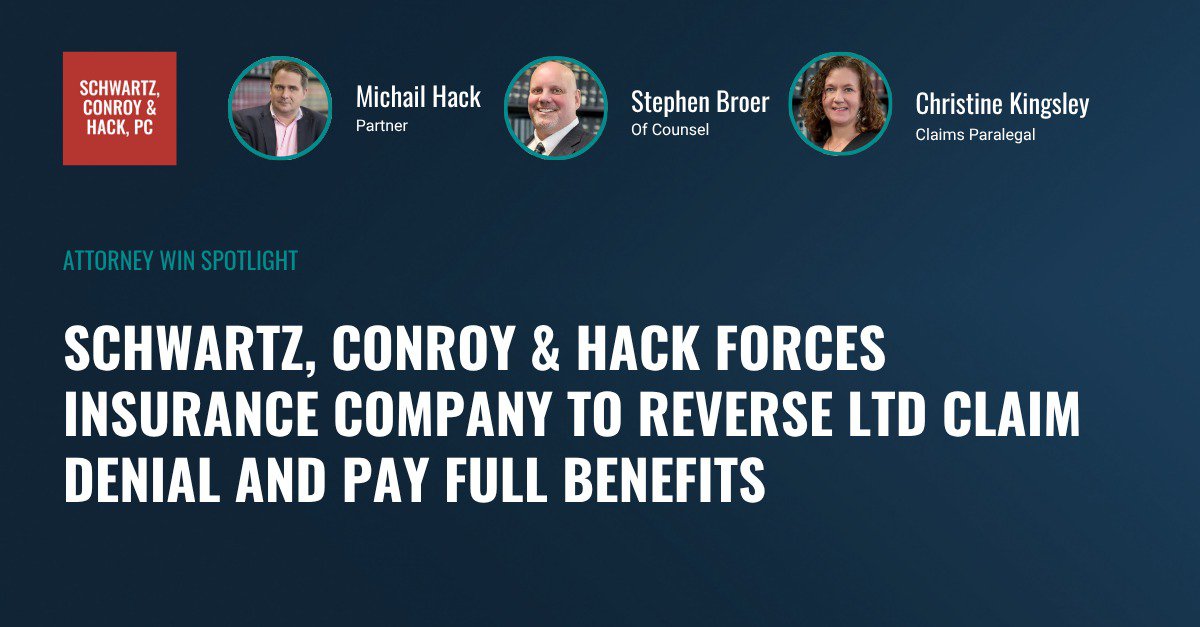{3:15 minutes to read} The vast majority of privately purchased or individual disability income policies for long-term disability claims are non-cancelable, or “non-can.” This means that, unlike group policies, as long as you are paying your premiums, no matter what else happens, the insurance company can’t take your policy away.
To all professionals, business owners, and people with a non-cancelable policy: You have a very important asset protecting you. Do not give the policy up for any reason if it can be avoided, provided:
-
- the policy pays out for a sufficiently lengthy term;
- the benefit is sufficiently large; and
- you, as the policyholder, are actively working.
As long as you are paying your premiums, you will not lose the policy. The one exception to that rule is if the insurance company was or is able to rescind the policy because you made misrepresentations on your application.
Keep the policy in force. This includes circumstances where you may have a claim that was denied by the insurance company or a benefit they were paying you was terminated. The policy is an asset, and just because the insurance company is not paying you on this claim doesn’t mean there’s another circumstance that won’t arise where they will have to pay you. Even in a disputed or terminated claim situation, the fact that the policy remains in force is valuable if the insurance company wants to settle with you. The insurance company remains at risk to pay you both now and in the future, and it gives you leverage.
If in an unfortunate circumstance the policy actually lapses for non-payment of premiums, but you were disabled during the time frame when the insurance company was demanding premiums, you can make an argument under most scenarios that the premiums should have been waived during that period.
To do this, you must have a waiver of premium provision in your policy, which most “non-can” policies do. Check your policy, and if you do have a waiver of premium benefit, then technically you did not owe the premium at the time; it was wrong for the insurance company to ask for that from you and to lapse the policy. If you are successful in getting your claim paid, those premiums will have to be waived, and your policy will not actually have lapsed.
Look at your policy and see if you have a waiver of premium provisions, but keep the policy in force unless you and your financial advisor determine that it is no longer worthwhile for you to own it.
Evan S. Schwartz
Founder of Schwartz, Conroy & Hack
833-824-5350
[email protected]


